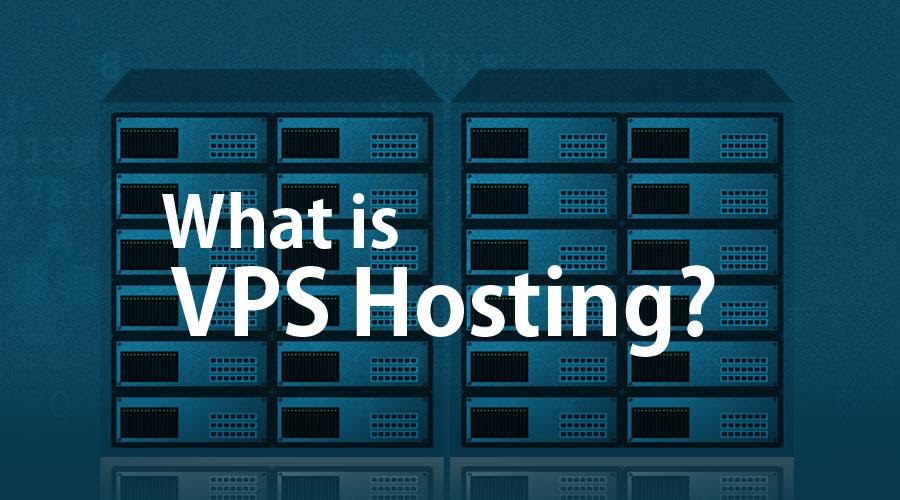What is VPS?
VPS stands for Virtual Private Server which refers to a private, emulated dedicated hosting environment created by virtualization on a host, server, or cluster of servers. It acts like a physical server, but in reality, it is a software that emulates dedicated hardware. VPS has become a popular choice because it is cheaper than dedicated hosting. At the same time, it provides better reliability and security than shared hosting.
Besides, users have root access to the server, allowing them to install software and change the environment without having to go through a hosting service provider as with shared hosting. By choosing VPS, companies can avoid the downsides of shared hosting. With the existence of VPS, you would not have to worry too much about the resource limitations because the VPS environments offer more room for growth.
If your “neighbor” on the server is hacked, there might be some risk that the virus will spread to your VPS because the hypervisors that are used to create separate VPS environments provide multi-layer network security which keep tight checks on what goes in and out.
VPS is a great option for SaaS providers, game makers, programmers, companies which no longer have the shared hosting and any company that needs a secure and affordable backup environment.
How does VPS Hosting work?
A server is a computer that stores files and databases required by a website on a web host. Whenever online visitors want to visit your site, their browser will send a request to your server. Then the necessary files will be transferred over the Internet. VPS provides you a virtual server that simulates a physical server, but in reality, you share the computer among multiple users.
Hosting companies can use virtualization technology to install a virtualization layer on the server operating system (OS). This layer divides the server into multiple partitions, allowing each user to install their own OS and applications.
VPS allows you to build a website in a secure container that has guaranteed resources (memory, disk space, CPU, etc.). So that you do not have to share computing resources with other users. With VPS hosting, you have the same level of root access as a dedicated server, but with lower cost.
Check out our Linux VPS Plans and Windows VPS Plans for more information.




